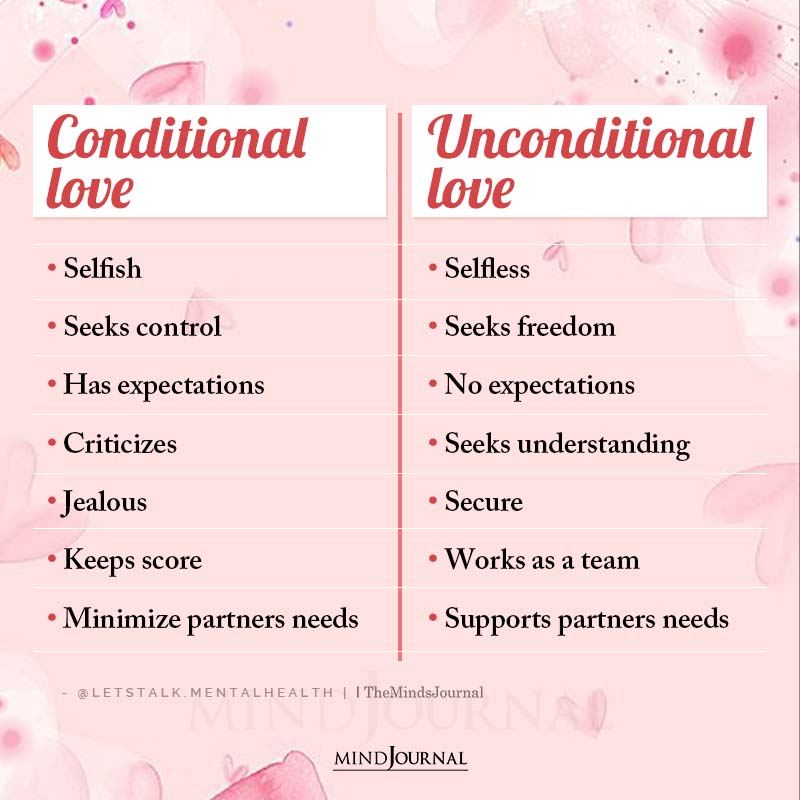Ever found yourself deeply infatuated with someone, experiencing an overwhelming rush of emotions that consumes your every thought? Infatuation can be an exhilarating experience, but it can also be a double-edged sword that leaves us feeling vulnerable and emotionally imbalanced. Let’s explore how to get over infatuation.
How to Get Over Infatuation
Whether you’re infatuated with someone who is not available or struggling with infatuation while being married, it’s important to find ways to navigate these intense feelings and regain your emotional equilibrium.
Here are some valuable strategies on how to get over infatuation and how to get over infatuation when married (below) that will provide you with practical advice to help you move forward and find inner peace.
1. Acknowledge and Accept Your Feelings
The first step towards overcoming infatuation is acknowledging and accepting your emotions. Understand that infatuation is a normal human experience, and it’s okay to feel this way.
Embrace your feelings without judgment or shame, allowing yourself to process them.
Related: The Difference Between Real Love and Infatuation
2. Recognize the Difference Between Infatuation and Love
Infatuation often masquerades as love, but it’s important to distinguish between the two. Infatuation is characterized by an intense attraction based on idealized perceptions, while love develops over time, rooted in deep connection and mutual understanding. Remind yourself of this distinction to gain clarity.
3. Create Emotional Distance
To break free from infatuation, create emotional distance between yourself and the object of your infatuation. Limit contact, both in person and through digital means, to prevent constant reminders and triggers that fuel your infatuation.
4. Focus on Self-Reflection
Take this opportunity to engage in self-reflection and explore the reasons behind your infatuation. Often, infatuation arises from unmet emotional needs or unresolved personal issues.
Identify these underlying factors and work towards addressing them through self-care, therapy, or personal development practices.
5. Develop a Support System
Seek support from trusted friends or family members who can provide guidance and a listening ear. Sharing your feelings with others can provide perspective and help you process your emotions more effectively.
Surround yourself with positive influences who uplift and support your journey towards emotional healing. This is how to get over infatuation.
6. Engage in Healthy Distractions
Redirect your focus and energy towards constructive activities that bring you joy and fulfillment. Pursue hobbies, engage in physical exercise, or explore creative outlets. By filling your time with positive experiences, you can gradually shift your attention away from the object of infatuation.
7. Set Realistic Expectations
Infatuation often arises from romanticizing an idealized version of the person you desire. Recognize that nobody is perfect and that relationships require effort, compromise, and shared values.
Setting realistic expectations will help you move beyond infatuation and cultivate healthier relationship dynamics.
8. Cultivate Self-Love and Self-Worth
Invest in self-love and self-care practices to build a strong foundation of self-worth. Understand that your value is not dependent on another person’s validation or reciprocation of feelings.
Prioritize your well-being, engage in positive self-talk, and celebrate your unique qualities.
9. Practice Mindfulness and Meditation
Incorporate mindfulness and meditation into your daily routine to cultivate present-moment awareness and inner calm. By observing your thoughts and emotions without judgment, you can gain clarity and detach from the grip of infatuation.
Focus on the present and appreciate the beauty of your own journey.
10. Seek Professional Help if Needed
If infatuation persists or significantly impacts your daily life, seeking professional help from a therapist or counselor can provide invaluable support.
They can guide you through the process of self-discovery, help you develop healthy coping mechanisms, and offer personalized strategies for overcoming infatuation.
Related: 6 Signs of Infatuation That We Often Confuse With Love

How to Get Over Infatuation When Married
Infatuation can be especially challenging when you’re already married. Getting over infatuation when married can be a complex and delicate process.
Here are some practical strategies to help you navigate this scenario:
1. Recognize and accept your feelings
Acknowledge that you’re experiencing infatuation and accept that it’s a normal human emotion. Avoid suppressing or denying your feelings, as this can lead to internal conflict and confusion.
2. Reflect on the state of your marriage
Take a close look at your marriage and assess its current state. Are there any underlying issues or unmet needs that may have contributed to your infatuation? Reflecting on the dynamics of your relationship can provide valuable insights.
3. Communicate Openly with Your Spouse
Honesty and open communication are crucial when dealing with infatuation while married. Share your feelings with your spouse in a compassionate and non-confrontational manner.
Together, you can work towards strengthening your relationship and reigniting the passion that may have dimmed.
4. Seek Couples Therapy
Consider couples therapy as a means to navigate the complexities of infatuation within a marriage. A trained therapist can facilitate constructive conversations, help you and your spouse reconnect, and provide guidance on fostering a healthy, fulfilling relationship.
5. Focus on your marriage
Redirect your attention and energy towards nurturing your marriage. Actively invest in quality time with your spouse, engaging in activities that strengthen your bond and create shared experiences. Prioritize your commitment and make conscious efforts to deepen your connection.
Using these strategies in addition to the ones mentioned above can help you understand how to get over infatuation when married.
Remember, every marriage is unique, and the process of overcoming infatuation will vary for each individual. Patience, understanding, and a commitment to the well-being of your marriage are key.
With time, self-reflection, and proactive efforts, it is possible to navigate through infatuation and strengthen the bond with your spouse.
Related: Why Do I Fall Out Of Love So Easily? 9 Psychology Backed Reasons

Takeaway
Infatuation can be an intense and captivating experience, but it doesn’t have to control your life. By implementing these strategies and staying committed to your emotional well-being, you can gradually move past infatuation and rediscover balance.
Remember, healing takes time and patience, so be kind to yourself throughout the process. Embrace the opportunity to grow and create a fulfilling life that extends beyond infatuation.
Frequently Asked Questions (FAQs):
How to get over infatuation with a friend?
Focus on self-growth, maintain boundaries, limit contact if necessary, and explore new interests to help overcome infatuation with a friend.
How to get over infatuation when married?
Communicate with your spouse, seek professional help if needed, rekindle your connection, and prioritize your marriage to overcome infatuation while married.
How to get over an infatuation with a coworker?
To get over infatuation with a coworker, limit interactions, concentrate on work tasks, redirect your thoughts, and uphold professional boundaries.










Leave a Reply